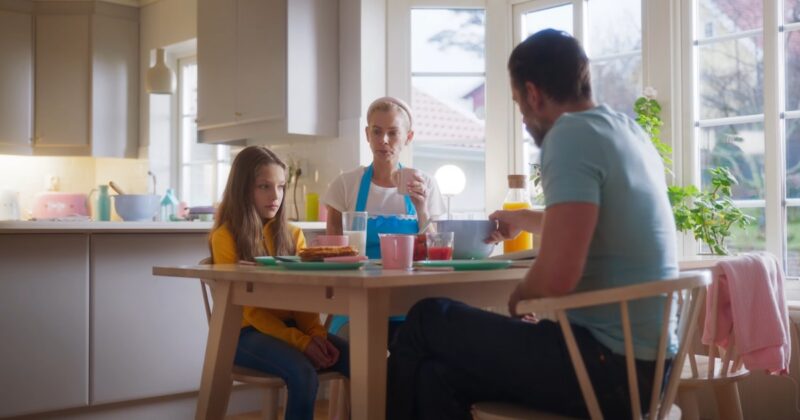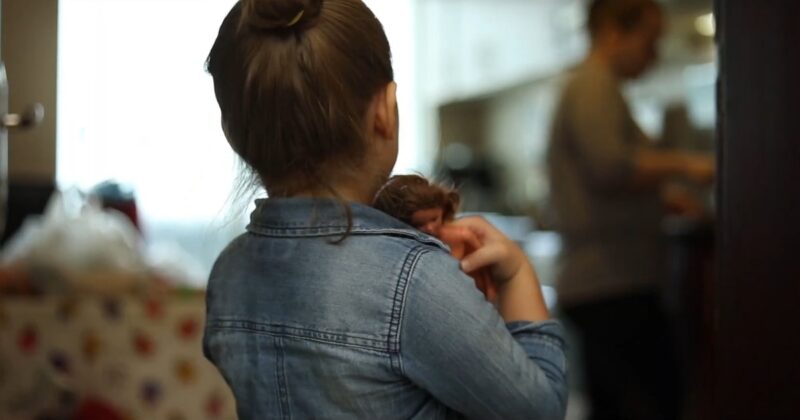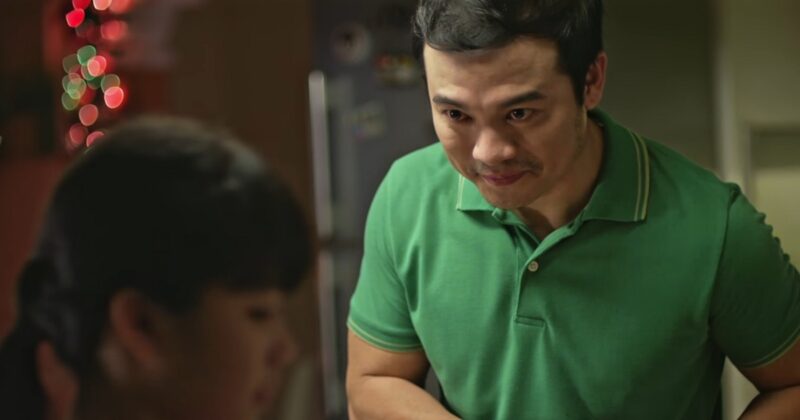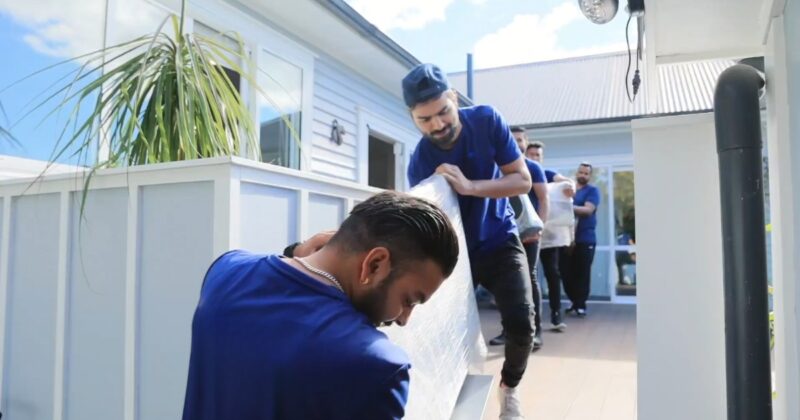Parenting is a journey filled with challenges, one of which is addressing and rectifying the bad habits our children may develop. From nail-biting to spending excessive time on screens, these behaviors can impact their health and well-being.
This blog post aims to equip parents with practical strategies to help their children break free from these patterns, ensuring a healthier and more positive lifestyle. We’ll explore various aspects, from understanding the root cause to seeking professional help, and everything in between.
Understand the Root Cause

Children, much like adults, develop bad habits for a range of reasons, whether as a coping mechanism for stress, an imitation of observed behaviors, or simply out of boredom. Identifying the underlying reasons is crucial before any meaningful change can be made.
This understanding not only allows for a more empathetic approach but also enables parents to address the root of the problem rather than just the symptoms. By getting to the heart of why a child is persistently engaging in a negative behavior, interventions can be more targeted and effective.
Lead by Example
Children are incredibly observant and often emulate the behaviors they see around them, especially those of their parents. If a child sees their parent constantly on their phone, they’re more likely to adopt similar screen habits. Thus, it’s essential for parents to model the behaviors they wish to see in their children.
This means practicing healthy habits yourself, such as reading, engaging in physical activity, and demonstrating positive social interactions. Through leading by example, parents can naturally inspire their children to adopt similar positive behaviors.
Work With Schools On Serious Issues
Working with schools directly on serious issues can make a huge difference. Instead of trying to target it yourself, you’re approach the problems from the two places kids spend most of their time: School, and home. Take vaping for example. If you’re stopping your child vaping at home, and the school is doing all they can to cut out vaping at school, they’ll find few and far places to actually try to vape.
Establish Clear Rules and Boundaries

Setting clear rules and boundaries is fundamental in guiding children away from bad habits. This involves outlining what is expected of them and the consequences of not adhering to these expectations.
Communication is key; rules should be conveyed in a clear, understandable manner that children can grasp. Additionally, these boundaries should be consistent across all settings, whether at home, school, or during extracurricular activities, to provide a stable framework for children to follow.
Provide Positive Reinforcement
Positive reinforcement is a powerful tool in encouraging desired behaviors. Recognizing and rewarding good behavior is far more effective than punishing bad behavior. This could mean verbal praise, extra playtime, or a small reward for a job well done.
The key is to make the reinforcement immediate and directly related to the behavior, reinforcing the connection between positive actions and positive outcomes. This approach not only promotes good habits but also boosts a child’s self-esteem and motivation.
Encourage Healthy Habits
Promoting healthy habits is crucial in preventing the formation of bad ones. This includes encouraging regular exercise, which can be as simple as family walks or bike rides, ensuring a balanced diet, and establishing a consistent sleep routine.
These habits are the foundation of a healthy lifestyle and can significantly influence a child’s behavior and choices. By integrating these practices into daily life, parents can help their children develop a strong base for making healthier choices independently.
Communicate Openly

Open communication is vital in understanding and addressing bad habits. Creating an environment where children feel safe to express their feelings and challenges encourages them to share their struggles with bad habits.
Parents should listen actively, offer empathy, and avoid judgment or criticism that may shut down communication. This open dialogue fosters trust and understanding, crucial elements in supporting children through the process of changing their habits.
Set Realistic Expectations
It’s important for parents to set realistic expectations when it comes to breaking bad habits. Change takes time and effort, and setbacks are part of the process. Helping children set achievable goals and celebrating small victories along the way can keep them motivated.
Parents should emphasize effort over perfection, encouraging persistence and resilience in the face of challenges. This realistic approach helps children understand that progress is more important than immediate success.
Offer Support and Guidance
Parents play a crucial role in offering support and guidance as their children work to overcome bad habits. This means being there to encourage, advise, and, when necessary, gently steer them back on track. It’s about balancing guidance with allowing children to make choices and learn from their experiences.
Effective support involves being present, offering encouragement, and providing the tools and resources needed for children to succeed.
Stay Consistent

Consistency is key in any aspect of parenting, especially when it comes to addressing bad habits. This means consistently applying the strategies discussed, from setting clear rules to providing positive reinforcement. Inconsistency can confuse children and undermine efforts to change behavior.
By staying consistent, parents reinforce the message that breaking bad habits is important and that they are committed to supporting their children through this process.
Conclusion
Addressing and helping children break bad habits is a multifaceted process that requires patience, understanding, and a proactive approach. By understanding the root cause, leading by example, establishing clear rules, and offering support and guidance, parents can significantly influence their children’s ability to overcome these challenges.
Remember, the goal is not to achieve perfection but to foster healthier habits and choices that will benefit children throughout their lives.
As parents, your support, consistency, and willingness to seek professional help when necessary can make all the difference in your child’s journey towards a healthier lifestyle. Let’s take these steps together, offering reassurance and support to each other as we navigate this essential aspect of parenting.
Related Posts:
- 106 Things That Start With Y - That You Must Need To Know
- Disney Characters That Start With I - All You Need to Know
- How Much VRAM Do You Need For Gaming? What You Need to Know
- NVIDIA Control Panel Missing? Here’s The Fix
- How to Make Your Cheerleading Squad Look More…
- How to Paint a Deck: DIY Tips for Transforming Your…







